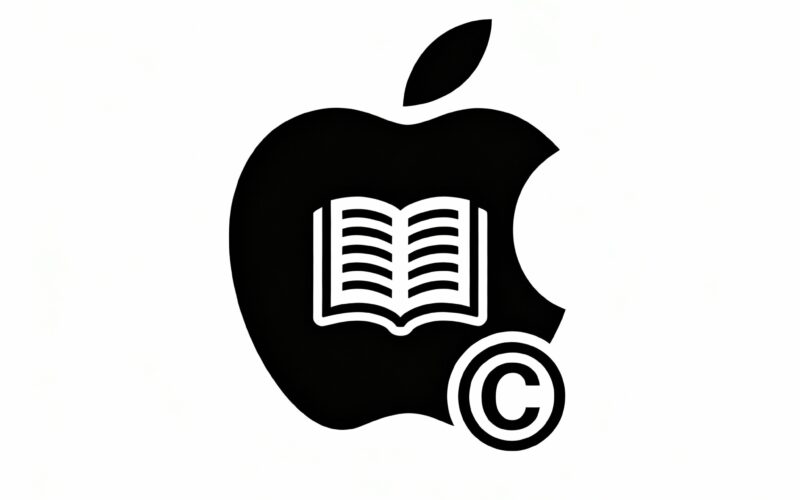Apple is facing a significant Apple Intelligence copyright lawsuit filed by two leading neuroscientists, Susana Martinez-Conde and Stephen Macknik. They accuse Apple of using thousands of copyrighted books without permission to train its Apple Intelligence AI. They claim Apple sourced data from illegal “shadow libraries” of pirated content to develop its AI system, including their own published works.
The neuroscientists filed a class action suit in a federal court in California. Their complaint notes that Apple Intelligence powers key AI features across iPhones and iPads. The lawsuit alleges the training datasets include thousands of pirated books and unauthorized copyrighted materials.
The case highlights the financial stakes for Apple, with the company’s market value surging more than $200 billion following the Apple Intelligence launch. The plaintiffs seek monetary damages and an injunction to stop Apple’s use of copyrighted books without authorization.
This lawsuit is part of a growing number of cases against tech giants like OpenAI, Microsoft, and Meta, accused of using copyrighted content without consent. These legal battles raise questions about intellectual property rights and data sourcing in AI development.
Beyond legal issues, the Apple Intelligence copyright lawsuit underscores the ethical concerns of AI training data. Companies must balance innovation with copyright respect. How this lawsuit unfolds may reshape industry standards for AI data licensing and usage.
Apple has not yet commented publicly on the lawsuit. The case is expected to be closely watched as it tests limits of fair use in AI technology.
Stay ahead in AI news: visit ainewstoday.org for your daily dose of breakthroughs and insights!









